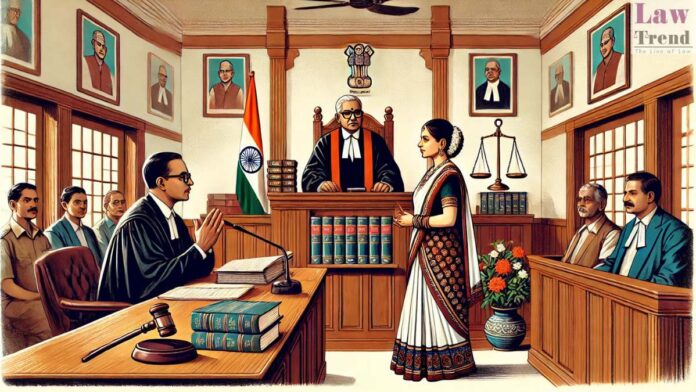The Delhi High Court has ruled that a widowed daughter-in-law is entitled to claim maintenance from the estate of her deceased father-in-law, specifically from his share of coparcenary property, even if the father-in-law passed away before her husband. A Division Bench of Justice Anil Khetarpal and Justice Harish Vaidyanathan Shankar set aside a Family Court
To Read More Please Subscribe to VIP Membership for Unlimited Access to All the Articles, Download Available Copies of Judgments/Order, Acess to Central/State Bare Acts, Advertisement Free Content, Access to More than 4000 Legal Drafts( Readymade Editable Formats of Suits, Petitions, Writs, Legal Notices, Divorce Petitions, 138 Notices, Bail Applications etc.) in Hindi and English.




